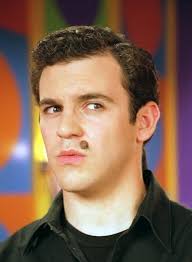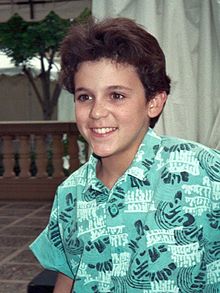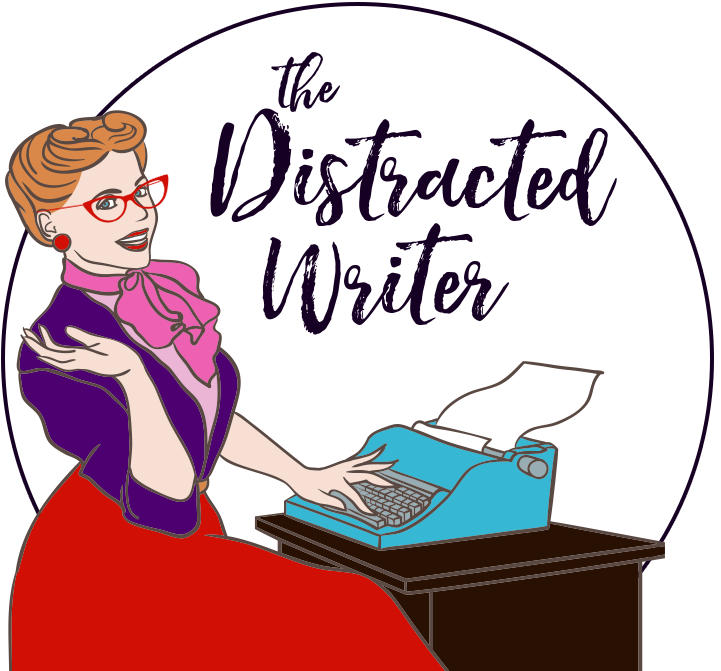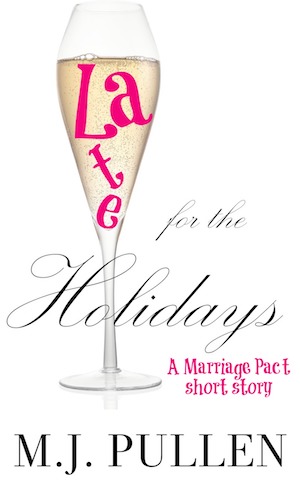Have you heard of “the evil sentence”? Have you ever caught yourself using it in your writing??
A friend of mine shared this thread on A Reader of Fictions with me a few years ago, and the evil sentence–in which a character releases a breath he/she did not realize they’d been holding–has been stuck with me ever since.
I’ve come across it in almost every book I’ve read or listened to since then, even from mega-bestselling authors I consider absolute masters of writing. I’ve also found a version of it in my earlier books. And if you visit the link to Christina’s blog above, you’ll see loads of other examples readers have added to her post.

The evil sentence is one of those things you don’t notice until you notice it, and then you can’t stop noticing it. Like crumbs in someone’s mustache or how often I use the word “awesome” when I’m excited. [I mean, come on. I’m a writer, for goodness’ sake. The least I can do is be creative in my word choices!]
And like all cliches, the evil sentence is something we should pay attention to, and perhaps challenge ourselves to more original, creative and/or precise descriptions. Cliches make our writing sound boring and unoriginal, and when we lean on them instead of pushing ourselves to dig deeper, it makes for lazy writing. Lazy, boring writing pulls the reader away from the story–just like the “evil sentence” does whenever I come across it.
That said, I’m also a believer in the idea that cliches have their place in writing now and then. Occasionally, when used intentionally and sparingly a quick cliched phrase can act as a shorthand for readers when a longer or more detailed description would be a distraction in itself.
For example, in a fast-paced action scene, a character might need to say, “That asshole swept my mother off her feet. And now we need to hunt him down before he takes all her money.” Sweeping someone off her feet is definitely a cliche, one used so frequently as to be idiomatic.
Still, that’s probably easier on the reader than “that asshole wooed my mother aggressively in a very short time period and while she went willingly, there seems to be an element of manipulation involved, as though he had a broom and she was nothing more to him than a vulnerable, moneyed dust bunny.” I mean, more descriptive and original? Yes. Better? Um. Not so much.

So when I notice the evil sentence in a book, it does pull me out of the story for a minute, and how long I’m out depends on how enthralling the book is. But I don’t fault writers for cliches like these. To me, they’re a reminder that we’re all part of one big family of storytellers and flawed human beings. We’re doing our best be be original and interesting, with the understanding that our basic shared humanity is the most important thing we can add to any story.
So don’t be discouraged if you find the evil sentence in your own writing. Keeping a sharp eye out for cliches will help you to avoid them (mostly) and use them well (occasionally).

Keep Writing.
Get tips, publishing perspectives and occasional rants delivered to your inbox. Sign up for my newsletter (click the “Tips for Writers” checkbox). And don’t forget to Like & Follow The Distracted Writer Facebook Page for updates and tips in your feed.
Sign up for M.J’s Mailing list & read Late for the Holidays FREE! Sign Me Up!


